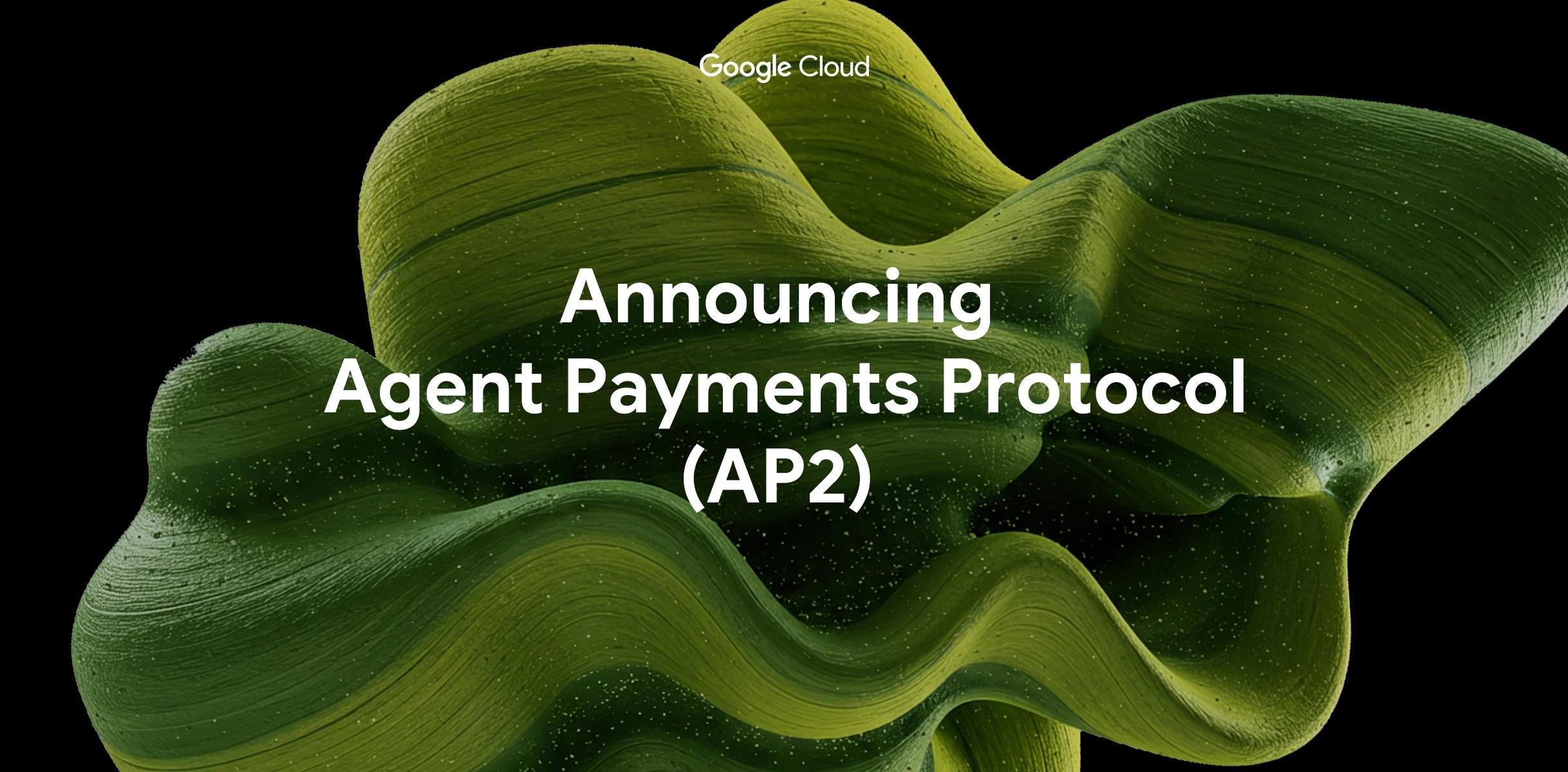
Lately, the Agent Payments Protocol (AP2) introduced by Google, is an open standard developed with leading payments and technology companies to securely initiate and process agent-led payments across platforms. It can extend both the Agent2Agent (A2A) protocol and the Model Context Protocol (MCP). In alignment with industry rules and standards, AP2 establishes a payment-agnostic framework that enables users, merchants, and payment providers to transact confidently across all types of payment methods.
More than 60 diverse organizations are collaborating with Google to shape the future of agentic payments. The collaborators include American Express, Coinbase, Intuit, Mastercard, PayPal, Salesforce, ServiceNow and many others.
Why do we need AP2?
AI agents can now transact for users, creating the need for a secure way to verify their authority. Unlike traditional systems where humans click “buy,” autonomous agents raise new challenges around:
Authorization - confirming a user granted the agent permission.
Authenticity - ensuring the request reflects true intent.
Accountability - clarifying responsibility for errors or fraud.
AP2 provides a shared, open protocol to address these issues, enabling secure, compliant, and consistent transactions across payment methods, from cards to stablecoins, while giving financial institutions the clarity to manage risk.
How does AP2 build trust with mandates and verifiable credentials (VCs)?
AP2 establishes trust through Mandates, tamper-proof, cryptographically signed contracts that act as verifiable proof of a user’s instructions. Backed by verifiable credentials (VCs), mandates form the evidence behind every transaction.
AP2 supports two main shopping scenarios:
Real-time purchases (human present) - For example, if you ask an agent to “Find me new grey hat,” your request becomes an Intent Mandate, which records the interaction. When you approve the cart, a Cart Mandate is signed, producing a secure record of the items and price, so the final charge matches what was approved.
Delegated tasks (human not present) - If you instruct, “Buy running shoes as soon as they go on sale,” you sign an upfront Intent Mandate defining rules like price limits and timing. Once conditions are met, the agent generates a Cart Mandate automatically on your behalf.
In both cases, payment is securely linked to the verified Cart Mandate, producing a full audit trail that addresses authorization, authenticity, and accountability.
What future of commerce does AP2 unlock?
AP2’s flexibility supports both familiar and new transaction models. For example:
Smarter shopping - An agent monitors availability and price for a specific product variant (e.g., GeForce RTX 5090) and completes the purchase automatically once conditions are met.
Personalized offers - A shopper’s trip details enable a merchant’s agent to create a tailored bundle (e.g., a racing shoes, singlet, and half tight at a discount).
Coordinated tasks - An agent can book flights and hotels within a budget in one secure, synchronized transaction.
NOTE
Visit the AP2 Github repository to explore and run its scenario.
